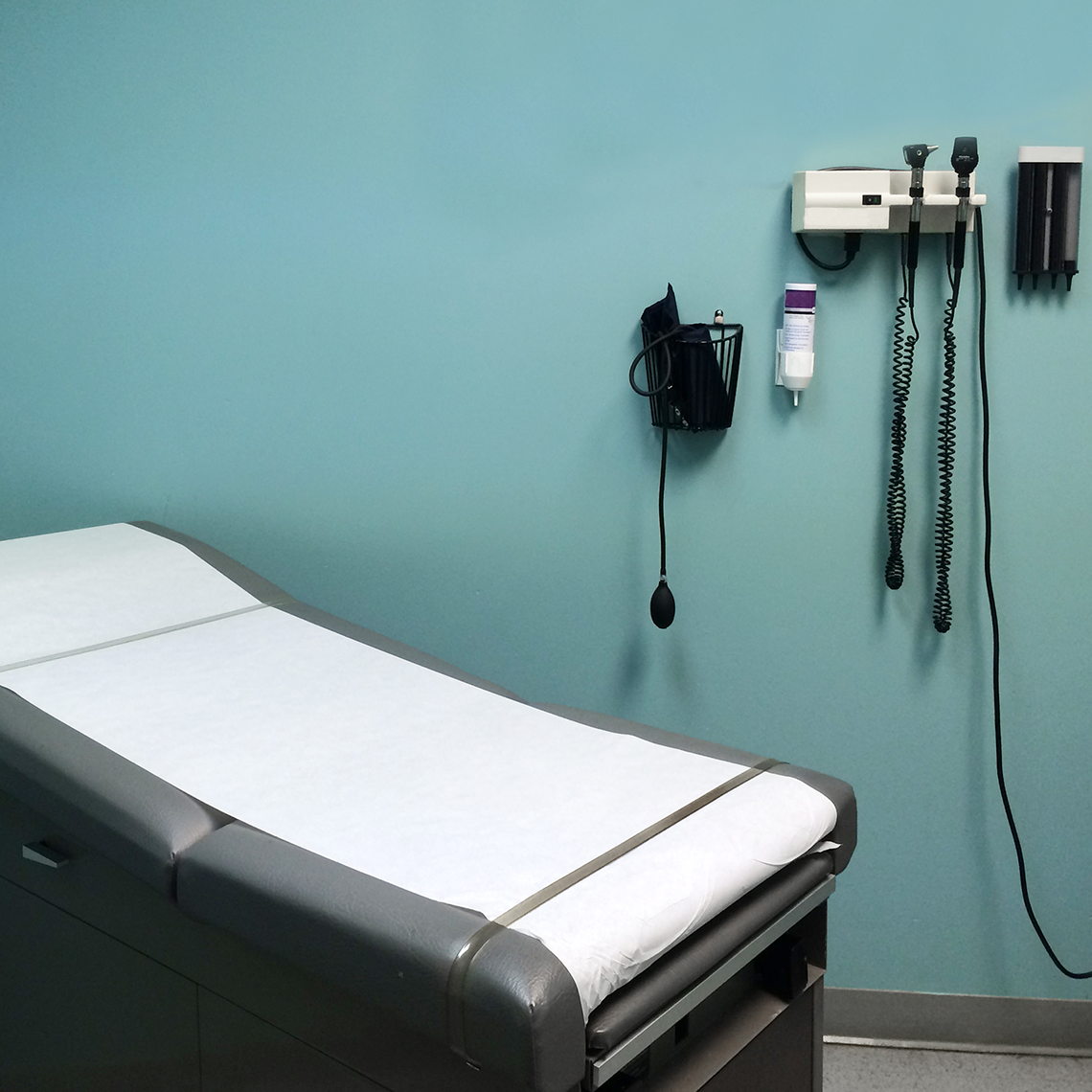Video
Can Access to Doctor Notes Help Patients Find Mistakes, Recall Care Plans?
Feb 25, 2016
Commentators:
- Sigall Bell, MD
- Jan Walker, RN, MBA
We already know that giving patients access to their doctor’s notes in their medical record helps them better adhere to medication regimens and feel more in control of their overall healthcare. Now the OpenNotes researchers have given patients a feedback mechanism. Will they report medical errors with it? With extra funding from CRICO, that’s what they hope to find out. Patients and doctors discuss the impacts and benefits of using this innovation.
About the Series
We’ve got you.
Our Safety Net podcast features clinical and patient safety leaders from Harvard and around the world, bringing you the knowledge you need for safer patient care.
Episodes
Recent episodes from the Safety Net series.
Paying for Patient Safety: Solving an ROI Puzzle
Podcast
Investing in patient safety programs not only helps patients, but also prevents large payouts for hospitals. And we can measure it.

Teleradiology Leads Virtual Care Risk in New Study
Podcast
Researchers looking for malpractice risks with virtual visits were surprised to learn that teleradiology was leading the way in professional liability claims over the past 12 years. Virtual office visits didn’t show up in the malpractice claims data, but costs and severity associated with teleradiology claims were well above radiology claims with no telehealth component.

New Study Finds Outpatient Adverse Events Common, Often Preventable
Podcast
Some top-line conclusions are that outpatient harm was relatively common and often serious, with a call to action for intervention in outpatient errors. Drs. David Levine and David Bates of Brigham and Women’s Hospital and Harvard Medical School are joined by their co-author and CRICO Chief Medical Officer, Dr. Luke Sato, who leads our discussion.

Taking the Pulse of a Clinician’s Interpersonal Skills
Podcast
Several Harvard-affiliated medical institutions are piloting a program to provide personalized feedback to physicians about the effect of their behavior and interactions on others. More than 675 individuals have gone through the Rapid Pulse 360 evaluations as of Spring 2024. Can it have an impact on employment practices claims or provider-to-provider communication factors? And can follow-up one-to-one coaching help?


